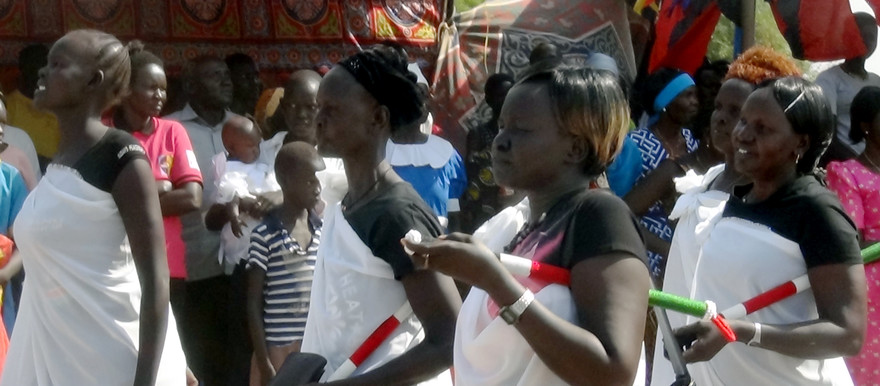On the eve of International Women’s Day 2017, women groups in South Sudan’s Jonglei State called upon the state government to give some senior leadership positions to women.
In an interview broadcasted on local radio on Tuesday, March 7, Jonglei State Women Association Chairwoman, Racheal Akuac, said: “We are still demanding that position of deputy governor.”
The women also agreed that they deserve more senior positions in the state assembly and the cabinet. Akuac said they have asked for three ministerial positions to be given to women.
“Constitutionally women have 25 percent. It is in the constitution of South Sudan and because of that we (women) deserve the senior positions,” said Hellen Akech, a MP in the state assembly.
The government in South Sudan amended its Interim Constitution in 2011, to include a 25 percent power sharing quota for women, but violent conflict has interfered.
Ayak Deng, a woman serving as executive chief in the state court, said: “I am the only one among many men in the state bench court and that does not equate to 25 percent given to women.”
South Sudanese leaders have recognised women’s role as forming a vital backbone during all of South Sudan’s struggles. However, men have been divided, with some refusing to give recognition to women.
Today South Sudan still has the world’s worst record on female literacy in the world, with women more likely to die giving birth than to complete primary school.
According to Worldbank data from 2015, the literacy rate of adult female (ages 15 and above) stands at 25.39 percent, compared to a 38.65 percent literacy rate among adult male (ages 15 and above).
Photo: A group of women marching in commemoration of the International Women’s Day in Bor, March 8, 2017. (© Radio Tamazuj)




